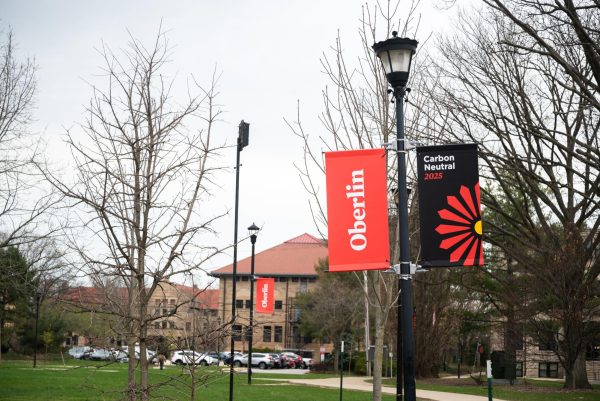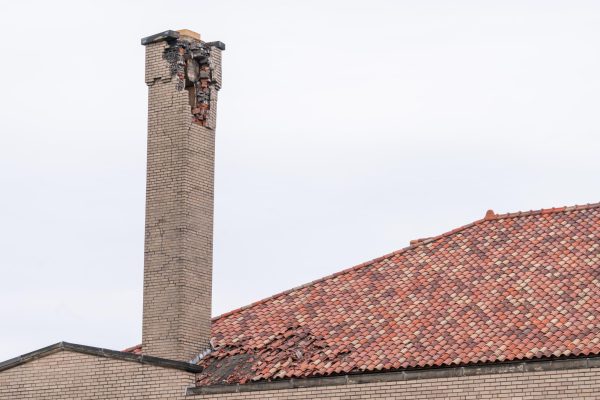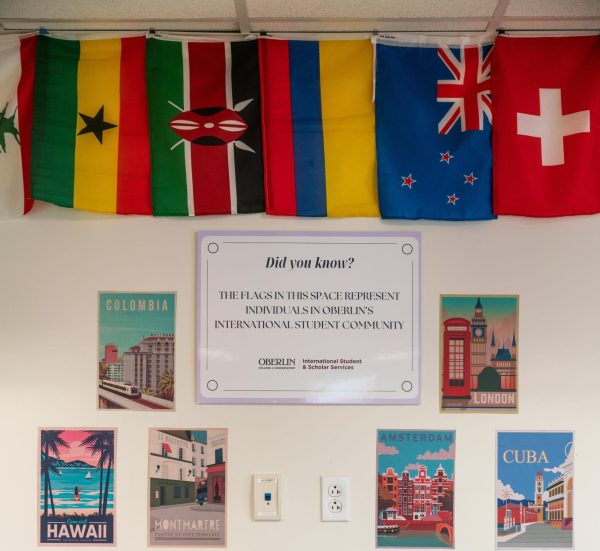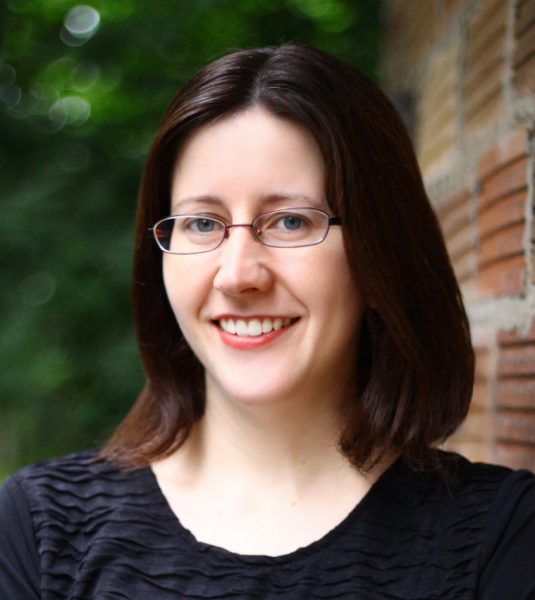Oberlin Research Group Submits Consultancy Report to U.S. Department of State
Oberlin College students within the POLT 411 practicum, taught by Robert S. Danforth Professor of Politics Eve Sandberg, were recently able to submit a consultancy report to the State Department Bureau of Educational and Cultural Affairs. The class, also called the Oberlin Research Group, was tasked with identifying barriers to success for women entrepreneurs within certain countries in Africa and coming up with a report for the State Department Bureau of Educational and Cultural Affairs.
“The woman who wanted us to do work for her said, ‘I need to know if our grant money will help them scale up their business,ʼ” Sandberg said. “We can give them more, but we need some kind of impact study to know, even with the major challenges they are facing. Women entrepreneurs face challenges every day for being women. And so we need to know how they use their grant money — what did they do? And with everybody who we interviewed, we did find that they were able to have a ripple effect in their communities.”
Oberlin College was requested to create a research project by Bryan Gerhart, senior partnerships advisor for the Office of Global Partnerships State Department. Afterwards, they will present their findings confidentially to the organization. This class in particular was tasked by the State Department Bureau of Educational and Cultural Affairs’ Academy for Women Entrepreneurs.
“Just as a consultancy firm does work for a client who might have a problem, they donʼt want the whole world to know they have that problem,” Sandberg said when explaining the reasoning behind concealing their report “They just want information on whatever they tell you to do, and they want us to take a look at how theyʼre managing their business. And this is the U.S. State Department, which is why we canʼt say too much.”
Students of POLT 411 interviewed women from Kenya, Nigeria, Ghana, Zambia, and Tanzania. One of the main purposes of the class was to explore the effects of small to medium cash infusion on small women-owned enterprises within Africa. ORG analysts spent the first half of the semester working through previous studies and scholar articles before conducting interviews with different women in specific business sectors including healthcare, agribusiness, fashion, service, and education.
“The data weʼre collecting is purely from the interviews that weʼre doing with these women,” College third-year Lily Azaran said. “We have a series of questions that have been previously approved by the Institutional Review Board. And a lot of those questions are, ‘How much money was your grant? What are you using it for? What are the challenges youʼre facing?’ We were just trying to get a feel for how theyʼre spending their money and where grant money is the most effective. But this is not a hard data pool thatʼs gathered over hundreds or thousands of people. This is a very small study.”
The goal for the end of the class is to present a consultation report to the U.S. State Department advocating for grant funding for women entrepreneurs in Africa. Women entrepreneurs face a number of challenges that their male counterparts do not share, and the project hopes to help grow women-owned businesses in Africa as well as shed light on the lives of the women they interview.
“Generally, a lot of our report focused on gender based barriers to success in the entrepreneurship sector,” College third-year Wyaé Stewart said. “Oftentimes women cannot open bank accounts in their own name. Women are not loaned to at the same rates that men are or not loaned to in the same capacity. Or [theyʼre not] loaned the same amount of money. So a lot of our research focused on … barriers to success that women have that might be different than men in sectors in Africa.”
The consultancy was also done in light of the pandemic and how other external factors such as climate change impact women entrepreneursʼ businesses. In addition to looking at gender differences, the ORG also looked into how starting a business and using grant money were affected by other variables.
“At an institutional level, the bureaucracy in Africa itself is a challenge,” College fourth-year Donnie Harris said. “In terms of regulations and things, like if you donʼt have the monetary resources to have everything up to code or to hire people, youʼre obviously gonna fall behind in those respects. And then that makes it harder for you to open your business. And so even outside of facing the challenges with gender alone, then you have to fight with the actual bureaucracy.”
The POLT 411 practicum focuses on a new research project every year and has been running for over a decade. While this yearʼs class focuses especially on female entrepreneurship in Africa, the practicum itself ranges in topics. A previous class, for example, focused on Mozambique, youth media literacy in Africa and Latin America, and civic engagement among youth in Africa while working with the U.S. State Department. In that specific class, students produced slide shows, written social media content, and more rather than a consultation.
“It is essential to have hands on courses such as ORG because this kind of course is where we see our liberal arts education tangibly paying off,” College third-year Francesca Corti wrote in an email to the Review. “Even though I am not currently looking at careers in consulting, I am still interested in working for nonprofits/think tanks. This projectʼs writing and research methodologies were all incredibly applicable to those fields. Also, there are few opportunities in the Politics department outside of this course where you can collaborate with other students to create a big project. Teamwork is a vital skill in all careers. Before this, I had only worked on research independently or with a professor.”
The application process to join ORG begins in the fall semester, generally just before fall break, and students from all majors are encouraged to apply. Each year presents a different professional endeavor and is an opportunity for Oberlin students to conduct serious research.






